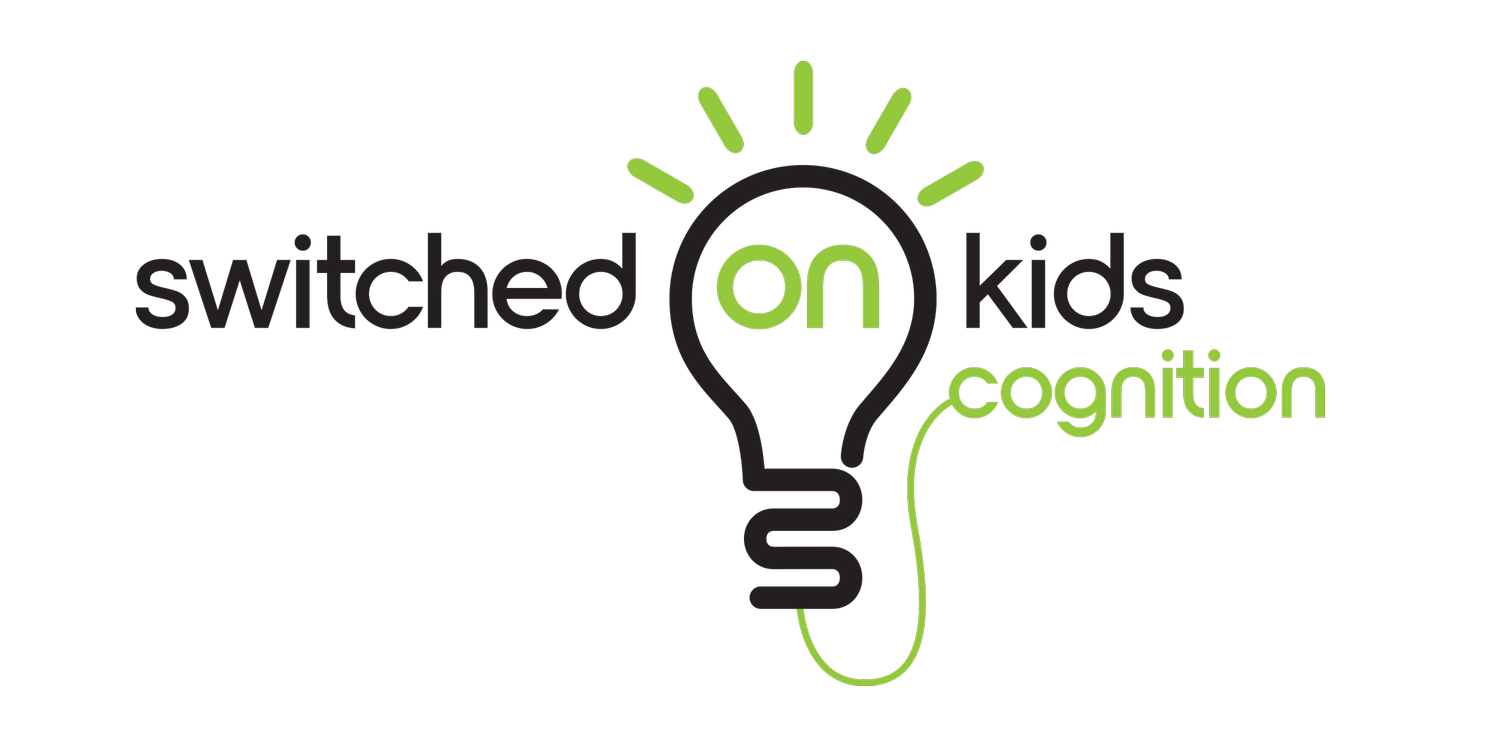Working Memory and Inattentive ADHD
Inattentive ADHD and working memory
The dreamy, daydreamers. These kids are often lost in thought, quiet, and don’t tend to get in a lot of trouble. I think of them as the “what” kids. They often take a little time to respond to questions and you may find you repeating yourself (more than once!). These kids do not present as typical (or stereotyped) ADHD as they have less of a tendency to be hyperactive and disruptive and more of a tendency to be quiet and pass under the radar. Girls with inattentive ADHD are often not diagnosed until their teenage years (Agnew-Blais et al., (2016) and they may have learned to mask their symptoms for many years. Inattentive ADHD is often associated with anxiety and the symptoms can overlap.
It is important that when you work with (or parent) these kids you have their full attention before giving them an instruction or expecting them to perform a task. Allow a little more time for them to process information. Often “what” or “don’t know” are simply a request for a little more time to process information.
Please click HERE to download a child screening tool for inattentive ADHD. This checklist was created by Cynthia Hammer, MSW, Executive Director of the Inattentive ADHD Coalition (www.iadhd.org). Using this tool does not replace a formal diagnosis, however, it will give you an idea of where your child struggles. The key headings are:
· Fails to give close attention to details
· Has trouble maintaining attention on tasks
· Does not seem to listen when spoken to directly
· Does not follow through on instructions and fails to finish schoolwork
· Has trouble organizing tasks and activities
· Avoids or dislikes tasks that require sustained mental effort
· Loses items necessary for tasks and activities
· Is frequently distracted
· Is forgetful in daily activities
Sound familiar? Parents may find themselves ticking many boxes as they go through this checklist. And you can see how these kids may fly under the radar. My experience is that these kids are smart! Many will hyperfocus on things that are of interest to them – art, jigsaws, dinosaurs etc. One thing that is common among these kids (whether they have a formal diagnosis or not, is slower information processing and poor working memory.
Working memory plays a key role in being able to concentrate and follow instructions. Kids with poor working memory need help to juggle tasks. For example, when they perform worded math calculations they must read and comprehend words, figure out visual operations and keep and manipulate the numbers in mind to solve the problem. Similarly, these kids find it tough to follow multi-step instructions where they must work backward with verbally presented information and complete steps in sequence. Too much information leads to working memory overload and these kids tend to switch off, fiddle, and daydream. Getting them back on task can be tricky as they may need to start all over again. These kids need lots of support and strategies to help them succeed. However, the good news is – these kids often realise they are missing information and are keen to work on strategies that will make things easier for them and minimise frustration and overload.
To help your child boost working memory skills please see HERE.
Ref:
Agnew-Blais et al., (2016). Evaluation of the Persistence, Remission, and Emergence of Attention-Deficit/Hyperactivity Disorder in Young Adulthood. JAMA Psychiatry, 73(7):713-20.


